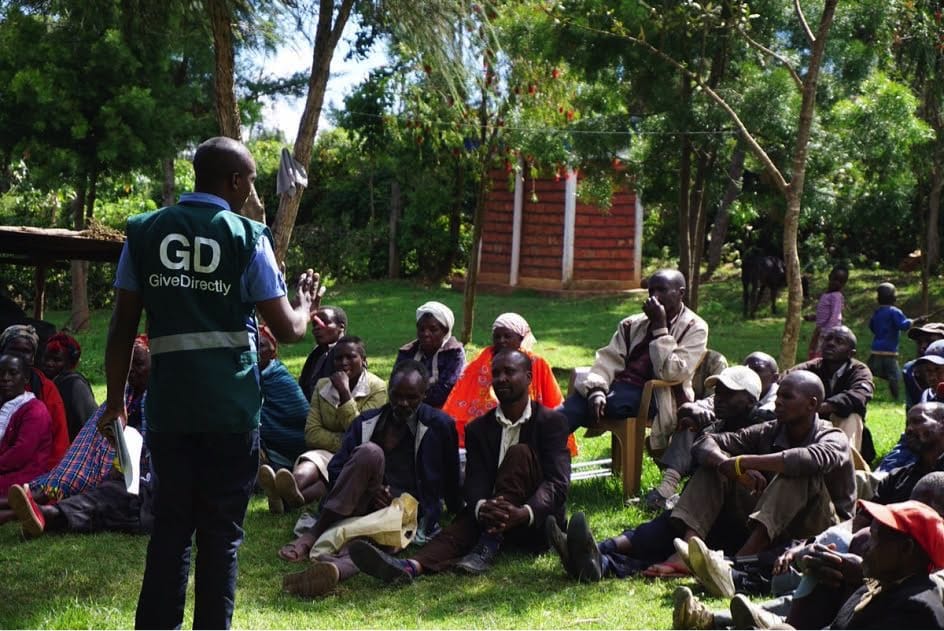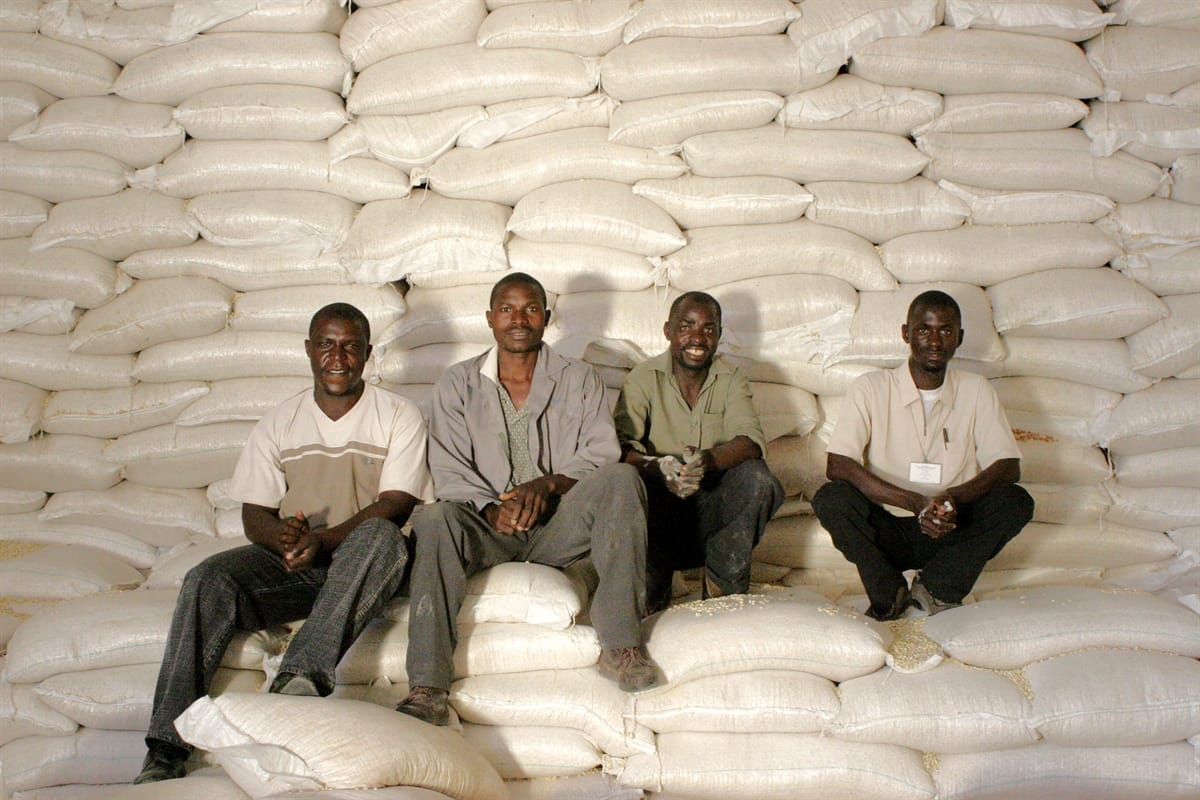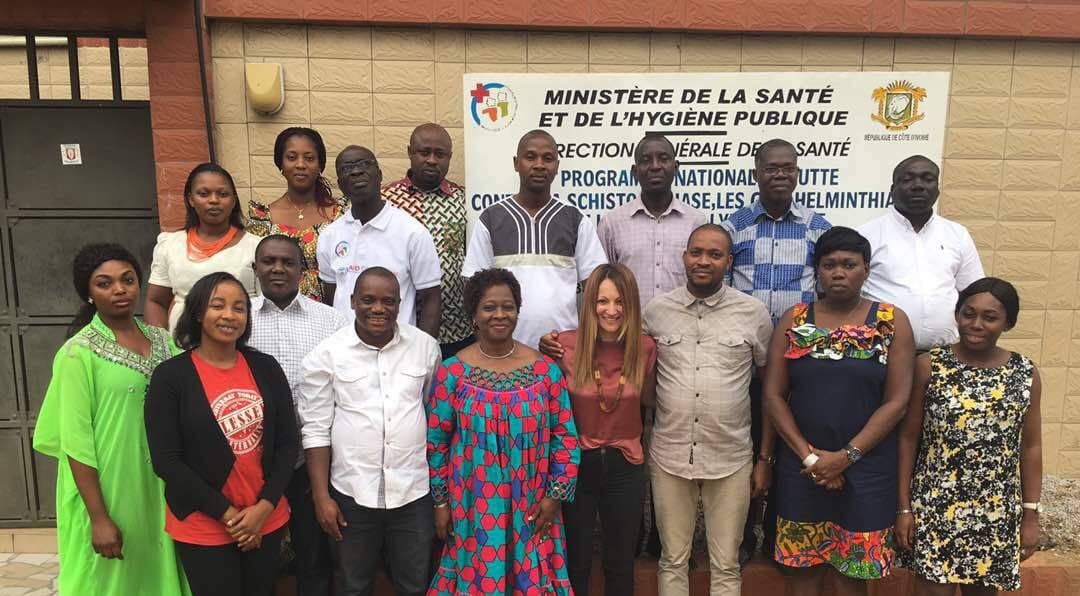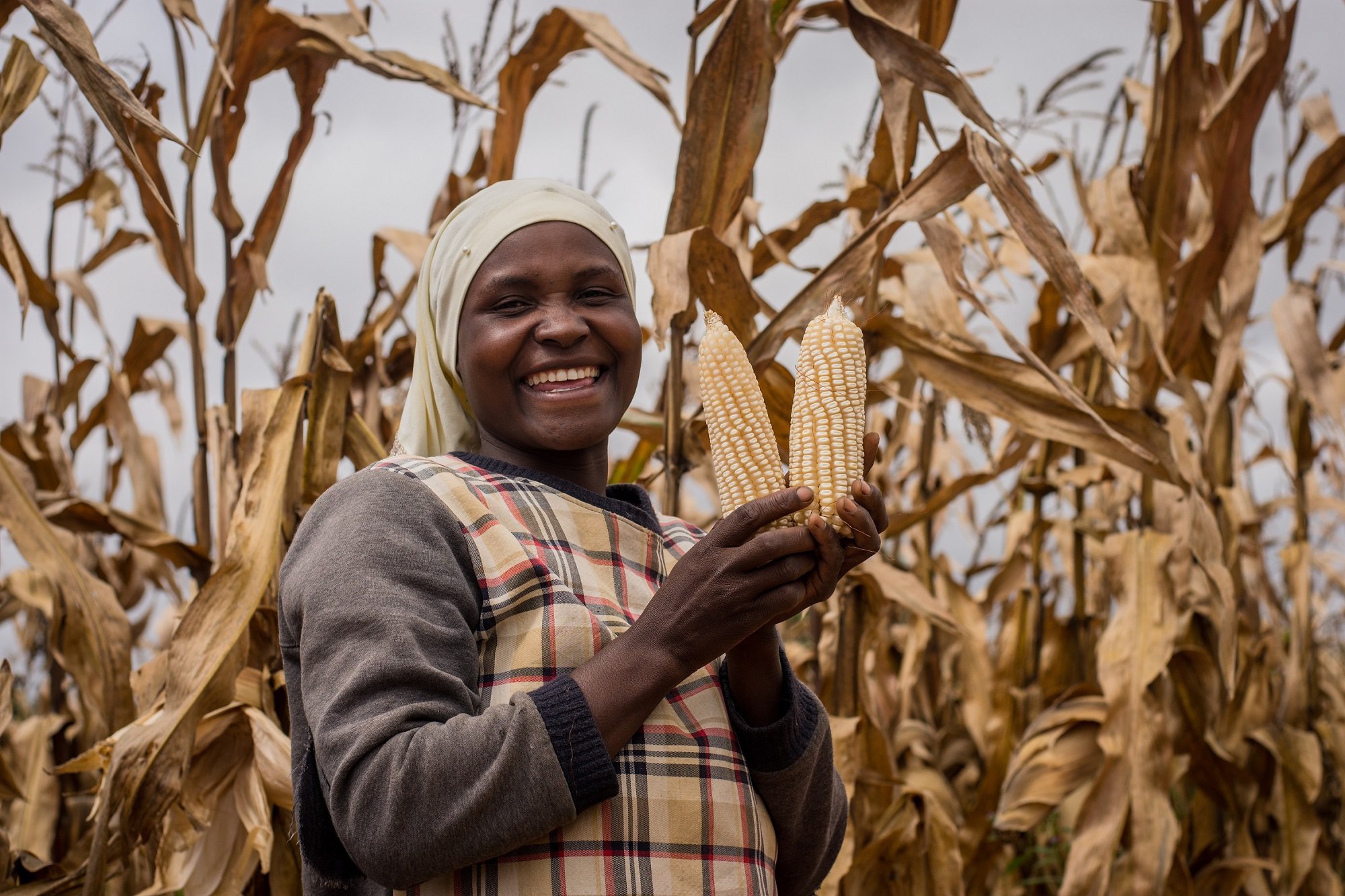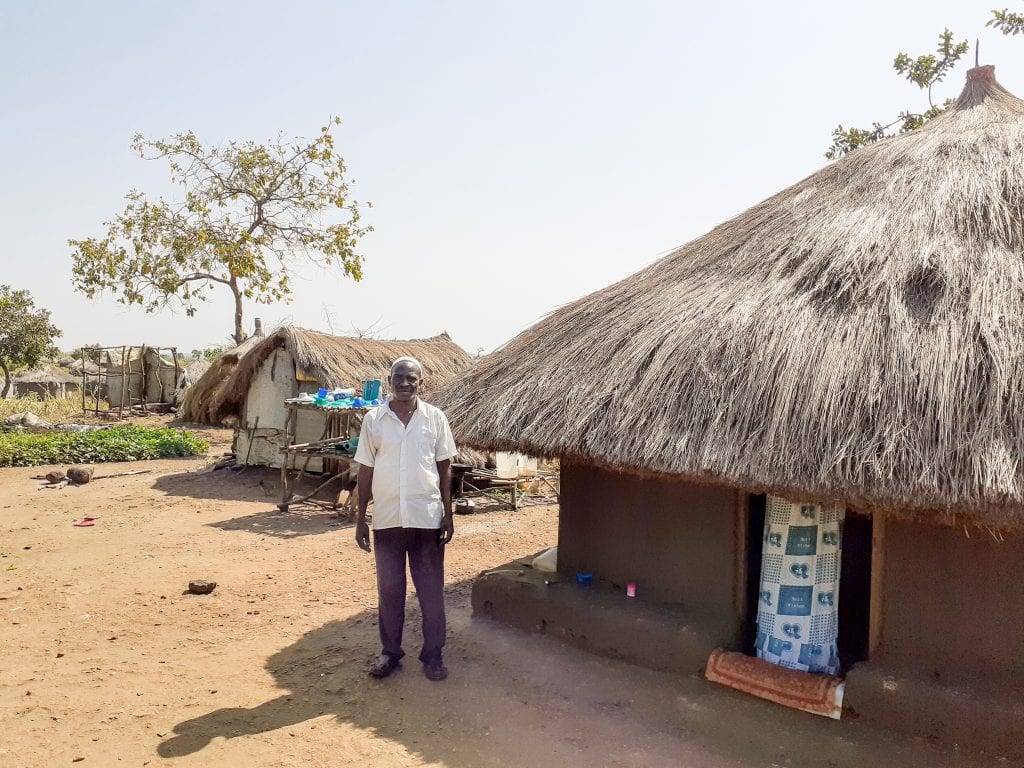GiveDirectly delivers unconditional (no strings attached) cash transfers to some of the world’s poorest households. Recipients receive payments in digital currency and are empowered to spend the money based on their own prioritization. Independent randomized trials show that cash delivered in this manner has significant effects on a broad range of outcomes, including income, assets, and psychological well-being.
To up the ante, literally and figuratively, GiveDirectly has decided to try to permanently end extreme poverty across dozens of villages and thousands of people in Kenya by guaranteeing an ongoing income high enough to meet basic needs—a universal basic income, or basic income guarantee.
The concept of a basic income guarantee has long-been debated around with the globe, with early proponents like Martin Luther King Jr and Richard Nixon, spanning the political spectrum. These days, pilots are being considered by Finland’s center-right government and Canada’s liberal party, with support from libertarians from the Cato Institute as well as liberals from the Brookings Institution. The stakes in these debates are enormous, with trillions of dollars of social spending under review: Should we move from a patchwork system of overlapping poverty-reduction programs, administered separately to address different issues (nutrition, housing, employment) to simply guaranteeing a basic income? What would happen if we did?
Advocates will tell you that a basic income is the most efficient form of social assistance: It neither introduces perverse incentives discouraging work nor does it mandate work to receive benefits; the system’s simplicity likely reduces the bureaucratic overhead of managing complicated social programs; and, better yet, it avoids the paternalism of many social programs. Some supporters, including many members of the tech community, believe that such an overhaul of the social safety net will be required to deal with the increasing automation of work and the potential unemployment that may result. Still others, including Judith Shulevitz, see basic income as a means of “edging us to a more gender neutral world.”

Skeptics, on the other hand, raise many of the typical concerns surrounding cash handouts: Most commonly, they argue that the poor can’t be trusted not to waste the money. More sophisticated critics will raise questions about the affordability of a basic income, or ask whether it wouldn’t be more efficient to simply provide all the capital upfront to the beneficiaries. But fundamentally, the question should be an empirical one: What are the impacts of a universal basic income? And how do they compare with other forms of assistance?
GiveDirectly is planning to find out by running the largest experimental test to date. Specifically, the organization is transferring $25 million to more than 21,000 rural Kenyans, approximately 5,000 of whom will receive cash transfers for 12 years. GiveDirectly is partnering with leading academic researchers, including Abhijit Banerjee (MIT), Tavneet Suri (MIT), and Alan Krueger (Princeton), to rigorously test the impacts. What does “rigorous” mean? A few things:
-
First, the test must be experimental, so that it generates unbiased and transparent estimates of impact.
-
Second, the guarantee must be a long-term commitment. We already know quite a bit about the beneficial effects of giving people money for a few years; the key question is how the knowledge that your livelihood is secured for more than a decade affects your behavior now. Do you take more risk? Get more schooling? Look for a better job?
-
Third, the guarantee needs to be universal within well-defined communities, since the goal is as much to understand social dynamics as individual behaviors. While various other basic income pilots have been conducted in the past, none so far have met all three of these criteria.

The study population will be divided into four groups: one will receive the equivalent of 75 cents a day per person for 12 years; one will receive the 75 cents a day per person for two years; one will receive the same amount of money (in net present value) as the two-year group in an up-front lump sum; and a fourth group will act as a control group, receiving nothing. Enrollment began in November 2017 and will likely be completed by April; all recipients should have begun receiving transfers by June.
The cost of the full experiment is estimated to be $30 million now, and more over time as payments are adjusted for inflation. Approximately 90 percent of the funds will go directly to households with the rest spent on delivery costs (e.g., staff, office, payment fees). Running the project in an emerging market, where meeting basic needs is far cheaper, will make it affordable to enroll enough people to generate statistically robust evidence (a similar sized project in the U.S. would cost closer to $1 billion). As an MIT Sloan article notes, “Several other basic income experiments, including one giving money to 2,000 people in Finland, are ongoing, but the GiveDirectly study is by far the largest and longest.”
To finance this project, GiveDirectly started by putting in $10 million of its own funds to match the first $10 million in donations. At present, the project is funded to move forward with current sample size, but will need commitments and recurring payments to come through.
The good news is the global community will not have to wait twelve years for results. The research team will collect data from recipients at multiple intermediate points, helping to build a picture of how the transfers are impacting decision-making and outcomes. From GiveDirectly’s vantage point, at worst, this money will shift the life trajectories of thousands of low-income households. At best, it will change how the world thinks about ending poverty.
**********************************
For more information, see these articles:
What If We Just Gave Poor People a Basic Income for Life? That’s What We’re About to Test. Slate Magazine, April 14, 2016
12-YEAR STUDY LOOKS AT EFFECTS OF UNIVERSAL BASIC INCOME: $25 MILLION WILL BE GIVEN TO PARTICIPANTS, WITH NO STRINGS ATTACHED. MIT Sloan, January 2018
More coverage at NPR, NYTimes, Vox
Support GiveDirectly’s work here or click here to learn more about them.
